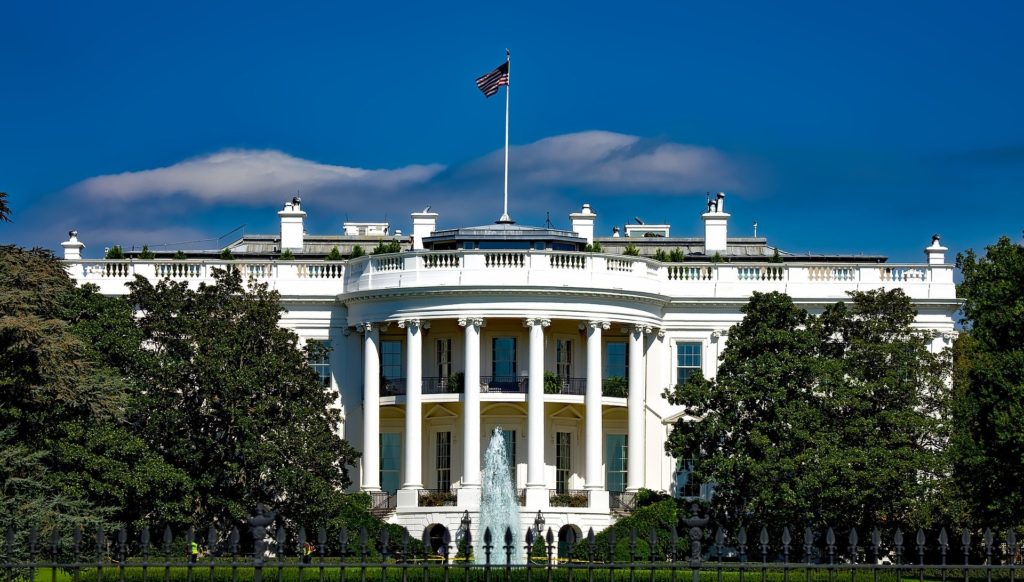The Biden administration late Monday announced the public health emergency (PHE) will officially end on May 11.
The PHE has, in many ways, changed the game for behavioral health operators over the past three years. Among its impacts, it relaxed several regulations while notably expanding telehealth and medication-assisted treatment (MAT) access.
“The COVID-19 national emergency and public health emergency were declared by the Trump Administration in 2020,” the White House Office of Management and Budget said in a statement. “They are currently set to expire on March 1 and April 11, respectively. At present, the administration’s plan is to extend the emergency declarations to May 11, and then end both emergencies on that date.”
That plan aligns with the administration’s previous commitments to give at least 60 days’ notice prior to termination of the PHE.
On top of expanding telehealth and MAT access, the PHE gave Medicaid coverage to more vulnerable Americans. In turn, several behavioral health operators expanded further into Medicaid, with some state programs also testing out special, innovative programs to stem the nation’s mental health and addiction crises.
“During the PHE, the Medicaid program has operated under special rules to provide extra funding to states to ensure that tens of millions of vulnerable Americans kept their Medicaid coverage during a global pandemic,” the Biden administration continued. “In December, Congress enacted an orderly wind-down of these rules to ensure that patients did not lose access to care unpredictably and that state budgets don’t face a radical cliff. If the PHE were suddenly terminated, it would sow confusion and chaos into this critical wind-down.”
Although the end of the PHE will mean significant changes for the behavioral health industry and its workers, the federal government has already made moves to make some of its provisions permanent.
For example, in November, the Centers for Medicare & Medicaid Services (CMS) finalized new rules that would permanently cover some telehealth services provided in Medicare beneficiaries’ homes.
Additionally, according to recent research from the Kaiser Family Foundation, most state Medicaid programs plan to keep telehealth for behavioral health services even after the PHE ends.
The PHE telehealth changes also included flexibilities for MAT, including allowing for the initiation of opioid use disorder (OUD) treatment medication buprenorphine through telehealth.
At the end of last year, the federal government proposed a new rule that built on and even extended those flexibilities. The proposal would also greenlight authorized physicians to treat patients with buprenorphine and methadone-assisted treatment over telehealth.
Separately, the end-of-year appropriations bill signed by President Joe Biden on Dec. 29 included the Mainstreaming Addiction Treatment (MAT) Act, which also made some PHE flexibilities permanent.
Ultimately, the end of the PHE could impact Medicaid coverage and, in turn, access to behavioral health care. In March 2020, Congress passed the Families First Coronavirus Response Act (FFCRA), which prohibited states from disenrolling people from Medicaid during the PHE.
The federal government has looked to state-based health plan marketplaces as a potential alternative for folks losing their Medicaid coverage.
At the end of last year, CMS proposed a rule allowing federal and state marketplaces to implement a special enrollment period for individuals losing their Medicaid coverage. Under the proposal, enrollees can select a marketplace plan 60 days before or 90 days after their loss of Medicaid coverage.
The proposal also included several provisions to provide more access to behavioral health coverage by making mental health facilities and substance use disorder treatment centers essential community providers (ECP).
Interestingly, the World Health Organization (WHO) affirmed Monday that the COVID-19 pandemic remains a global public health emergency.



